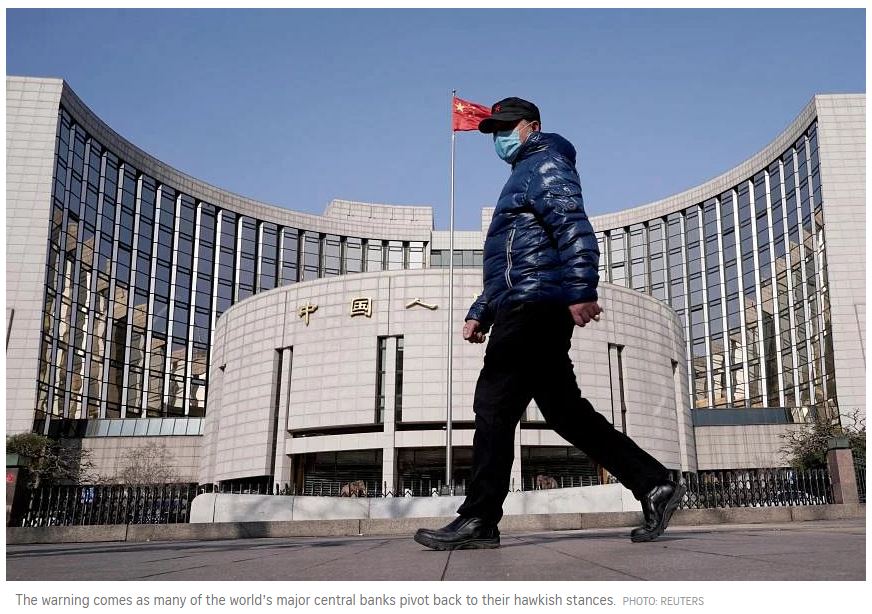Asia central banks may need to keep hiking interest rates if core inflation stays high: IMF
JAKARTA – Asia’s central banks may need to raise interest rates further if core inflation does not show clear signs of returning to target, according to the International Monetary Fund (IMF).
Policymakers must “stay alert” despite a slowdown in headline inflation as the core gauge – which strips out transitory and volatile items – still runs above target, IMF experts wrote in a blog post published on Tuesday.
Asia has benefited from a rebound in local currencies and the easing of global commodity and shipping costs, but data on second-round effects remains mixed, they said in the post, adding that China’s reopening may also stoke price gains.
“This means that central banks should tread carefully by reaffirming their commitment to price stability. Indeed, they may need to hike rates further if core inflation does not show clear signs of returning to target,” the IMF said.
“Given the two-sided risks to inflation in Japan, more flexibility in long-term yields would help to avoid abrupt changes later,” it added.
The warning comes as many of the world’s major central banks pivot back to their hawkish stances amid persistent price pressures, putting the monetary authorities potentially in play for further hikes.
United States Federal Reserve officials said larger rate hikes are back on the table amid hotter-than-expected inflation, while Australia’s central bank raised borrowing costs to a 10-year high earlier this month as core prices in the fourth quarter surged 6.9 per cent – exceeding the 6.5 per cent forecast. Core inflation also stayed above 6 per cent in India for a 16th month in a row in January, spurring calls of more policy tightening to come.
A resurgence in inflation will pose a threat to what should be a turnaround year for Asia, with economic growth poised to hit 4.7 per cent this year from 3.8 per cent in 2022, according to the IMF’s latest forecasts.
“This will make it by far the most dynamic of the world’s major regions and a bright spot in a slowing global economy,” the IMF said. BLOOMBERG


 Thailand
Thailand




